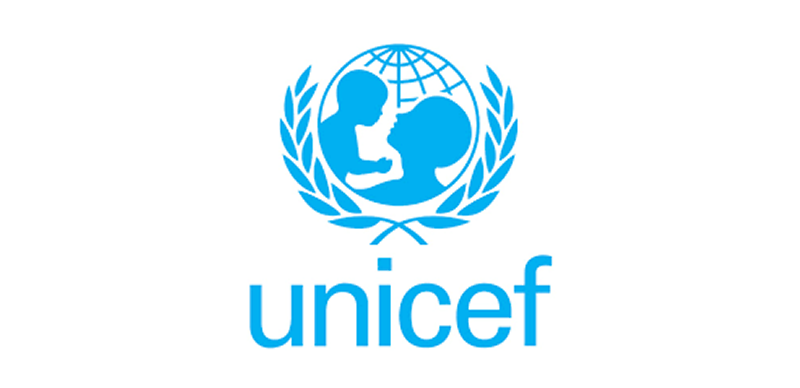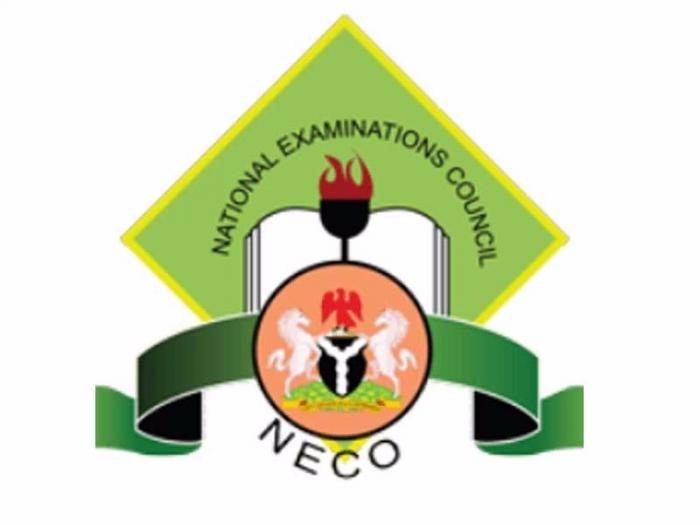UNICEF to launch project to provide education for 2 million out-of-school children


The United Nations International Children’s Emergency Fund (UNICEF), in partnership with the Global Partnership for Education Accelerated Funding (GPE-AF) project, has unveiled plans to assist two million out-of-school children in Northeast Nigeria.
The programme aims to facilitate these children’s enrolment in schools and ensure access to quality learning opportunities.
In a statement, Safiya Yoba Akau, UNICEF’s Communications, Advocacy, Media, and External Relations officer, emphasised the project’s objective of addressing the region’s persistent education crisis.
The initiative will collaborate with the Federal Ministry of Education, the governments of Borno, Adamawa, and Yobe states, and the Global Partnership for Education to strengthen the educational framework and improve access to schooling for displaced children.
Cristian Munduate, UNICEF’s representative in Nigeria, expressed appreciation for the new funding phase, stating, “UNICEF is grateful for this new funding phase that will guarantee access to education for some of the world’s most disadvantaged children and improve the quality of education services available to them. Education is a right for all children, including those affected by conflict, and it should never be denied.”
This effort is a response to the severe impact of prolonged armed conflict and climate-related disasters, which have significantly disrupted essential services, including education, in Northeast Nigeria.
UNICEF’s recent statistics indicate that 10.2 million primary-aged children and 8.1 million secondary-aged children are currently out of school across Nigeria.
In Borno, Adamawa, and Yobe states alone, two million children lack access to education, with only 29% of schools meeting the minimum teacher qualification standards.
Running from 2024 to 2025, the GPE-AF project seeks to increase school enrolment and completion rates for displaced children.
It also plans to enhance teaching quality through teacher training, provide essential learning materials, and bolster the education system to foster resilience and equity in the affected areas.









